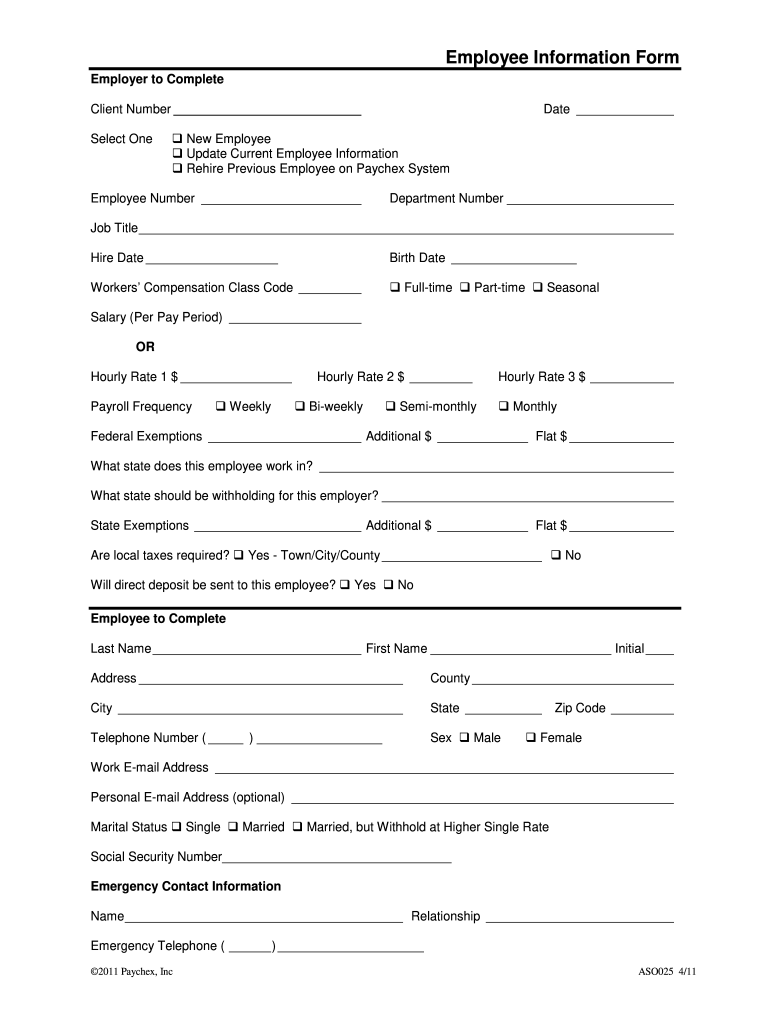Is New Hire Paperwork Compensable Time? Learn Now!

Compensating new hires for the time spent on paperwork has long been a point of contention and confusion for both employers and employees. Whether it's considered compensable time or not hinges on various factors including federal and state laws, employment contracts, and company policies. In this extensive blog post, we will delve deep into the nuances of new hire paperwork and its compensability, ensuring you are well-informed as an HR professional or someone about to join a new workplace.
Understanding New Hire Paperwork

New hire paperwork typically includes an array of documents and forms, such as:
- Form I-9 for employment eligibility verification
- W-4 for federal income tax withholding
- Direct deposit forms
- Employment contracts or offer letters
- Non-disclosure agreements (NDAs)
- Employee handbooks acknowledgment
- Benefit enrollment forms
- Confidentiality agreements
These documents are crucial as they establish the legal employment relationship between the employee and the employer and ensure compliance with various regulations.
Legal Framework for Compensability

The Fair Labor Standards Act (FLSA) sets the primary rules regarding compensable time:
- Hours Worked: Time spent performing activities that are controlled or required by the employer, where the employee is permitted to work or where waiting to engage in such work is compensable.
- Integrality Test: If the activity is integral to the principal job activities or if it’s indispensable, it must be compensated.
- Pre-Employment Activities: Generally, activities done before becoming an employee, such as completing forms or attending non-mandatory orientations, are not compensable.
⚠️ Note: Some state laws might offer stricter regulations or provide different interpretations, hence it’s important to review state-specific guidelines.
When is New Hire Paperwork Compensable?

Here are the situations when new hire paperwork might be compensable:
- If the paperwork is done during working hours or time designated by the employer.
- If it’s required as part of an unpaid orientation, where the orientation is essentially a part of the job.
- When the employee is already on the payroll, even if they have not yet begun their actual work duties.
Employers need to be cautious when scheduling these activities:
- Voluntary completion outside of working hours is usually not compensable.
- If paperwork is done at home or off-site, the time might not be compensable unless it’s a company directive with specific time requirements.
Practical Implementation

Employers can implement these guidelines effectively:
- Provide clear instructions on when and how paperwork should be completed.
- Allow employees to complete paperwork at their convenience if it’s not during work hours or on company time.
- Schedule mandatory orientations or training sessions during working hours where employees are compensated.
- Document all time spent on these activities for payroll and legal compliance purposes.
| Scenario | Compensable? | Notes |
|---|---|---|
| Completion of paperwork at home | Not necessarily | Depends on company directives or if it's mandatory within a specific timeframe. |
| Paperwork completed during working hours | Yes | If employer instructs employee to complete forms during work time. |
| Orientation that includes paperwork | Usually | If considered part of job duties or required by the employer. |

📝 Note: Accurate documentation of time spent on compensable activities helps avoid legal issues and provides transparency in wage calculations.
Handling Misconceptions

Common misconceptions about compensable time for new hires include:
- Assuming all pre-employment activities are unpaid.
- Believing that off-site or home completion of paperwork is always uncompensated.
- Thinking that voluntary orientation sessions do not require compensation.
To mitigate these misconceptions:
- Clear communication of company policy regarding compensable time.
- Proper documentation to support time spent on all employment-related activities.
- Legal reviews of state and federal regulations to ensure compliance.
Final Thoughts

Compensating employees for time spent on new hire paperwork isn’t just a matter of compliance; it’s also about fostering a positive employee experience from the very beginning. Ensuring that employees are properly compensated for their time establishes a culture of fairness and respect. While federal and state laws set the baseline for compensability, employers should strive to exceed these standards. Clear communication, well-documented policies, and an understanding of the legal framework can help companies navigate this complex issue smoothly.
Do I need to pay new hires for attending an orientation that includes paperwork?

+
Yes, if the orientation is mandatory and includes activities necessary for employment, such as paperwork completion, then it is generally considered compensable time under FLSA guidelines.
What if an employee completes paperwork before their official start date?

+
Pre-employment activities are typically not compensable unless they are part of a paid orientation or the employee is already on the payroll.
Can an employer require new hires to complete paperwork outside of working hours?

+
Yes, but the employer must specify this clearly. If completion is mandatory within a set timeframe, compensation might be required depending on the circumstances.



